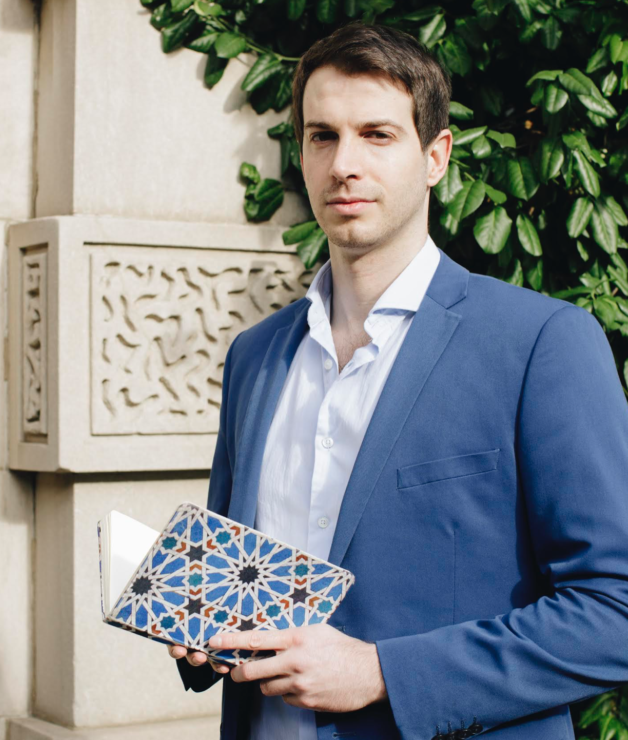
Dr. Carlos Yebra López
I am a critical sociolinguist, language activist and polyglot, currently working as a postdoctoral researcher at University College London, where I focus on the digital revitalisation of Ladino (Judeo-Spanish) in the 21st century, as well as in the capacity of Ladino instructor at Oxford University. Additionally, I am the CEO of Ladino 21 Community Interest Company (which seeks to preserve and document Ladino in our time) and The Hyperpolyglot Activist (which seeks to combine language learning with making a difference in our communities and the world at large)
Revitalising Endangered Languages Through AI
This presentation explores the role of Artificial Intelligence (AI) chatbots (ChatGPT 4, Bard) in revitalising endangered languages. Traditionally, training an AI-powered chatbot in a language drew upon massively large data sets; although this made it relatively straightforward to develop the chatbot’s ability to interact in major languages (English, Mandarin Chinese, Spanish), it was much more challenging to do so in the case of low-resource languages, endangered languages being a case in point. Recent developments have greatly facilitated training AI chatbots on the basis of a rather limited dataset, vastly reducing the required amount of manual labour, which includes data sourcing and preparation. In this presentation I will discuss specific techniques (e.g. Open AI’s Reinforcement Learning from Human Feedback -RLHF-), topics (voice recognition, scripts) and case studies, including minoritised languages (Icelandic), diasporic (Ladino), native American (Chinook Jargon,) and further indigenous (Nuu-chah-nulth) ones. Training chatbots like ChatGPT 4 or Bard to understand, summarise, generate and predict new content in endangered languages can be extraordinarily beneficial to their preservation and revitalisation. Being able to read material in their endangered languages, and of course to practise these languages with an AI chatbot can empower the remaining speakers to fight intergenerational language loss and counter individual language attrition, thus also coming to see their languages as part and parcel of today’s reality, rather than archaic, dying entities.

